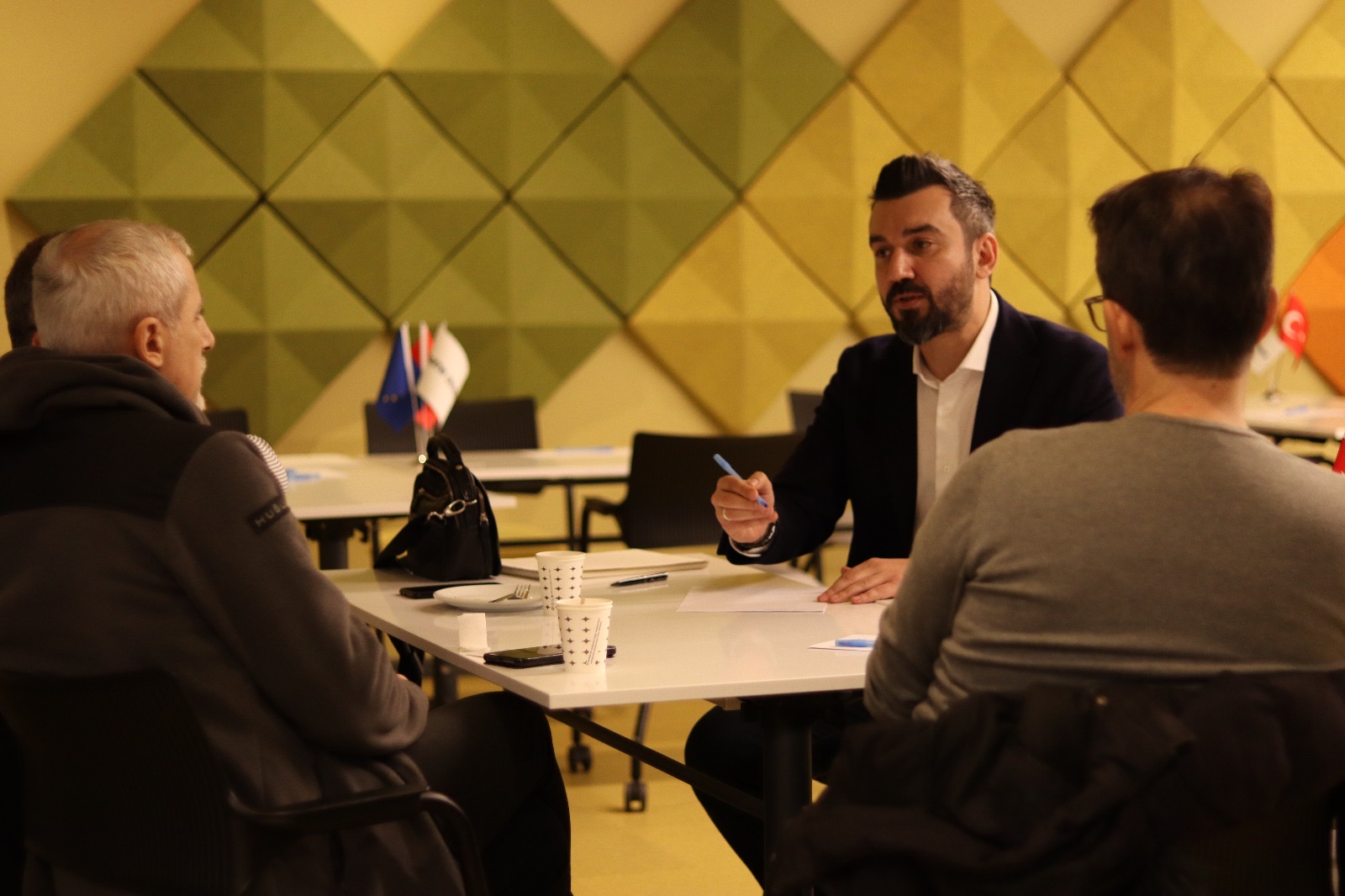
Golden Visa for Americans: A Growing Plan B for U.S. Citizens Amid Uncertainty
In recent years, the world has witnessed significant shifts in mobility, taxation, and geopolitics — and in 2025, these changes have driven a growing number of U.S. citizens to seek alternative residence options through Golden Visa programs.
No longer seen as a niche tool for only the ultra-wealthy, Golden Visas are increasingly viewed by middle- and upper-middle-class Americans as a practical “Plan B” — a way to secure residency, future citizenship, and long-term mobility in more stable, globally-connected regions such as Europe and the Caribbean.
According to industry professionals, the number of U.S. investors applying for Golden Visas has reached a record high in the past twelve months.
Americans Look Abroad for Stability
Economic concerns, political polarization, and shifting visa policies at home have pushed many Americans to consider global alternatives. For professionals with remote jobs, families looking for European education access, or retirees seeking a higher quality of life, a Golden Visa provides more than just residency — it offers freedom and future-proofing.
Golden Visa programs typically require an investment — in real estate, a national fund, or a business — in exchange for the right to live (and sometimes work) in the host country. For Americans, they also provide visa-free access to the Schengen Zone, greater banking flexibility, and in many cases, a pathway to citizenship after five or more years.
“Many Americans no longer see Golden Visas as a luxury,” says Yusuf Boz, founder of investment migration consultancy Notte Global. “They see it as an insurance policy — one that protects their lifestyle and freedoms regardless of what may happen in the U.S.”
Europe Leads the Way: Portugal, Greece, Latvia in Focus
In 2025, the top destinations for American Golden Visa applicants include Portugal, Greece, and increasingly, Latvia.
Portugal’s fund-based Golden Visa program remains highly attractive due to its low physical presence requirement and five-year citizenship track. While changes to physical stay requirements are being debated, applications remain strong among U.S. citizens.
Greece, after adjusting its investment thresholds in 2024, continues to attract interest — especially in non-urban areas where entry prices remain more affordable. Despite price hikes in places like Athens and Thessaloniki, Americans are still drawn to Greece’s lifestyle, climate, and Schengen access.
Latvia, often overlooked, is gaining momentum. With a low minimum investment of €75,000, it offers a fast route to European residency — ideal for Americans seeking simplicity and flexibility.
Notably, some Americans are also exploring Caribbean citizenship programs like those in Grenada or St. Lucia — countries that offer full passports rather than residency permits, with the added benefit of E-2 Treaty Visa eligibility with the United States.
From Trend to Strategy: Americans Taking Action
Recent surveys by migration consultancies indicate that interest in second residency among Americans has doubled since 2022. For many, it’s no longer just an idea. It’s a strategy.
Yusuf Boz of Notte Global emphasizes that his firm has seen a rise in inquiries not only from coastal cities like New York, Los Angeles, and Miami, but also from smaller towns and states where families are seeking global safety nets.
“These are not just investors. They’re families, professionals, and retirees who want options,” Boz says. “They’re asking smart questions: Where can I go if I want to exit? What rights will I have in the EU? What’s the process for my children to get passports?”
U.S. Demand May Shift Programs Further
The influx of American applicants could also shape the future of Golden Visa programs themselves. With Spain recently closing its real estate-based program, and Portugal debating stricter residency enforcement, programs may continue to evolve based on the nature of investor demand.
Still, the overall trend suggests that countries are eager to attract foreign capital — particularly stable economies like those of American investors. In turn, the Golden Visa is becoming not only a migration tool, but an economic partnership.
Boz points out: “As long as there is demand for stability, international mobility, and long-term planning, Golden Visa programs will remain a key pillar of smart global investment.”
For many Americans, 2025 has brought both uncertainty and opportunity. The concept of securing a second residency is no longer fringe — it’s mainstream. Whether driven by political, personal, or financial motivations, the Golden Visa has become a bridge to new lives abroad, offering security without severing ties to home.
If you’re considering your own Plan B, it may be time to explore what a Golden Visa for Americans can offer.





